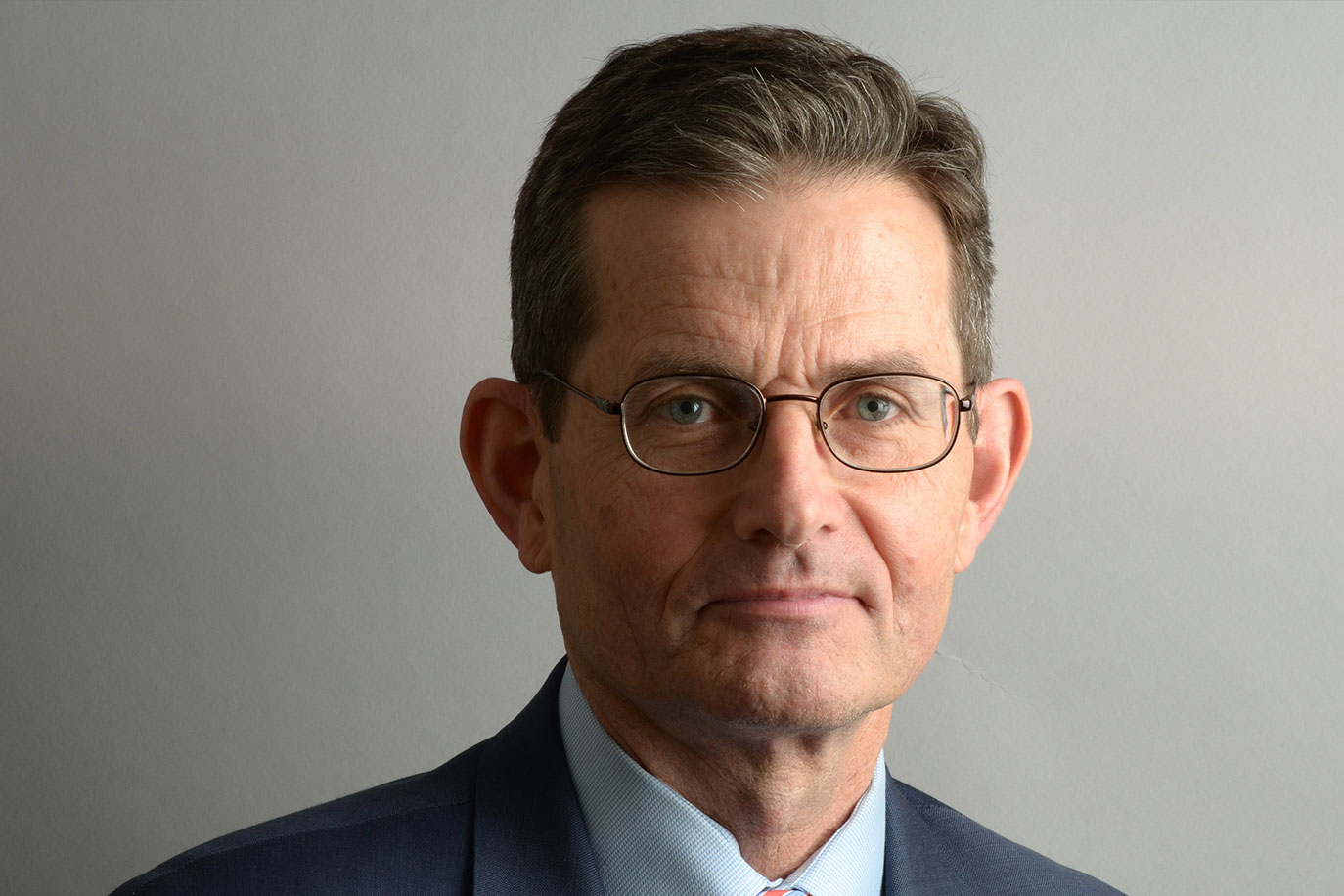Judge John Gleeson, known for his active support for criminal justice reforms related to sentencing, served as a federal judge for the U.S. District Court for the Eastern District of New York. He was nominated to the court by President Bill Clinton in 1994 and will step down from the bench on March 9 to become a partner at the New York law firm of Debevoise & Plimpton.
“John Gleeson has been a remarkably thoughtful judge who never lost sight of the fundamental importance of promoting justice,” UVA Law School Dean Paul G. Mahoney said.
Gleeson attended Georgetown University as an undergraduate and received his law degree in 1980 from the University of Virginia School of Law. After law school, Gleeson served as a law clerk for Judge Boyce F. Martin Jr. of the U.S. Court of Appeals for the Sixth Circuit, in Louisville, Kentucky. From 1981 to 1985, he was a litigation associate at Cravath, Swaine & Moore in New York City.
Gleeson was an assistant U.S. attorney in the Eastern District of New York from 1985 to 1994. During the next 10 years, he served as chief of appeals, chief of special prosecutions, chief of organized crime and chief of the criminal division, the position he occupied when he was appointed to the bench. He was awarded the Attorney General's Distinguished Service Award for his role as the lead prosecutor in the successful 1992 prosecution of John Gotti, the notorious Mafia leader, after three previous trials had failed to result in Gotti’s conviction. Clinton appointed Gleeson as a U.S. district judge on Sept. 28, 1994.
Gleeson is a co-author of the treatise “Federal Criminal Practice: A Second Circuit Handbook,” LexisNexis (15th ed., 2015), and has written the following articles: “The Sentencing Commission and Prosecutorial Discretion: The Role of Courts in Policing Sentence Bargains,” 36 Hofstra Law Review 639 (2008); “Supervising Federal Capital Punishment: Why The Attorney General Should Defer When U.S. Attorneys Recommend Against The Death Penalty,” 89 Virginia Law Review 1697 (2003); “Supervising Criminal Investigations: The Proper Scope of the Supervisory Power of Federal Judges,” 5 Journal of Law and Social Policy 423 (1997); “Sentence Bargaining Under the Guidelines,” 8 Federal Sentencing Reporter 6 (1996); and “The Federalization of Organized Crime: The Advantages of Federal Prosecution,” 46 Hastings Law Journal 1095 (1995) (with UVA Law professor John C. Jeffries Jr.).
Since 1995, Gleeson has served as an adjunct professor at the New York University School of Law, where he teaches courses in complex federal investigations and sentencing. He has also taught at Brooklyn Law School. He was the John A. Ewald, Jr., Distinguished Visiting Professor of Law at the UVA School of Law in 1994.
From 1999 to 2008, Gleeson was a member of the Defender Services Committee of the Judicial Conference of the United States, and chaired the committee from 2005 to 2008. He is currently a trustee of the Vera Institute of Justice, a member of the board of directors of the Dwight D. Opperman Institute of Judicial Administration at New York University School of Law, and a member of the American Law Institute.
To mark the occasion, the UVA School of Law will host a public talk by Gleeson on April 13 at 10 a.m. in Caplin Pavilion.
On the anniversary of Thomas Jefferson’s birthday, April 13 (known locally as Founder’s Day), the University of Virginia and the Thomas Jefferson Foundation join together to present the Thomas Jefferson Foundation Medals to recognize achievements of those who embrace endeavors in which Jefferson, the author of the Declaration of Independence and third U.S. president, excelled and held in high regard. These medals are the highest external honors bestowed by the University of Virginia, which grants no honorary degrees. For more information on Founder’s Day, the Thomas Jefferson Foundation Medals, and the recipient, click here.
Media Contact
Article Information
March 8, 2016
/content/john-gleeson-thomas-jefferson-foundation-medal-law

